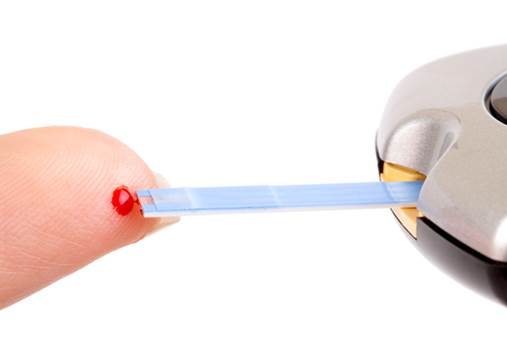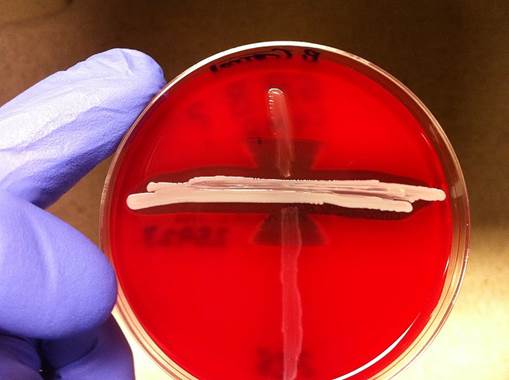The AFP test is not often conducted alone;
it’s one of the Triple tests. There’re 3 substances used in the Triple test,
such as AFP hCG and Estriol. The AFP test is usually taken around the 15th
to 20th week of pregnancy.
Alpha-fetoprotein (AFP) is one of fetal
substances that are found in amniotic fluid, fetal blood and mother’s blood.
The level of instability of AFP can show a neutral tube defect, Down syndrome,
lacking amniotic fluid in the mother or just the later complications in
pregnancy, such as the risk of stillbirth.

AFP
test also depends on mother’s race, weight, height, history of diabetes,
smoking, the number of fetuses and fetal age…
When having abnormal AFP results, pregnant
women will be designated to take amniocentesis or CVS. However, to precisely
estimate the risk needs a combination of the 3 tests. AFP test also depends on
mother’s race, weight, height, history of diabetes, smoking, the number of
fetuses and fetal age…
At the 28th week of pregnancy – Glucose test
Women who are over 25 should take glucose
tolerance tests and gestational diabetes tests between the 25th and
28th weeks. A sugary still drink will be given to pregnant women to
drink before taking tests. They can do blood exams in an hour after drinking
the water. Time is very important to ensure the accuracy of the results. Blood
tests won’t endanger the mother and child and will be pronounced in one or two
day later.
Pregnant women who have high levels of
glucose will have to take glucose tolerance test. This means the blood will be
sent to the lab. It takes 1 to 2 days to bring out the results. If the results
show that the women have high levels of glucose, they need carefully monitoring,
regimens that can control the level of insulin. In the case that levels of
glucose is very high, insulin injections are necessary.

Women
who are over 25 should take glucose tolerance tests and gestational diabetes
tests between the 25th and 28th week.
Fetuses that are carried by pregnant women
having uncontrollable diabetes can be overweight, premature births and have
serious complication due to blood pressure. Insulin which is added is stored in
the form of adipose tissues which are usually in baby’s shoulder or body.
Dr. Jame Proulx (obstetrician in William
hospital) said that most of women having gestational diabetes have the level of
glucose back to normal few days after giving birth. Nevertheless, there’re many
women that still have diabetes after giving birth; they need to take periodical
check for the later state.
At the 36th week – Group B Strep
Group B Streptococcus (GBS) is a virus
caused by bacteria that can be found in the vagina or the rectum of pregnant
women. Centers for Control and Prevention (CDC) suggested that every pregnant
woman take Strep B test for the vagina regularly. The test will be carried out
between the 35th and 37th week of pregnancy. The American
Academy of Pediatrics also recommends that all women that have the risk factors
before taking GBS (such as the fact pregnant women already have premature
births started before fetuses reach the 37th week) need treating
with IV antibiotics until their states of GBS are controlled.

Group
B Streptococcus (GBS) is a virus caused by bacteria that can be found in the
vagina or the rectum of pregnant women.
Women that are positive for GBS will have
diseases. Though GBS rarely happens to pregnant women, its result is very
serious to women who have the disease. Hence, doctors recommend that pregnant
women consider GBS as a part of antenatal care habits.